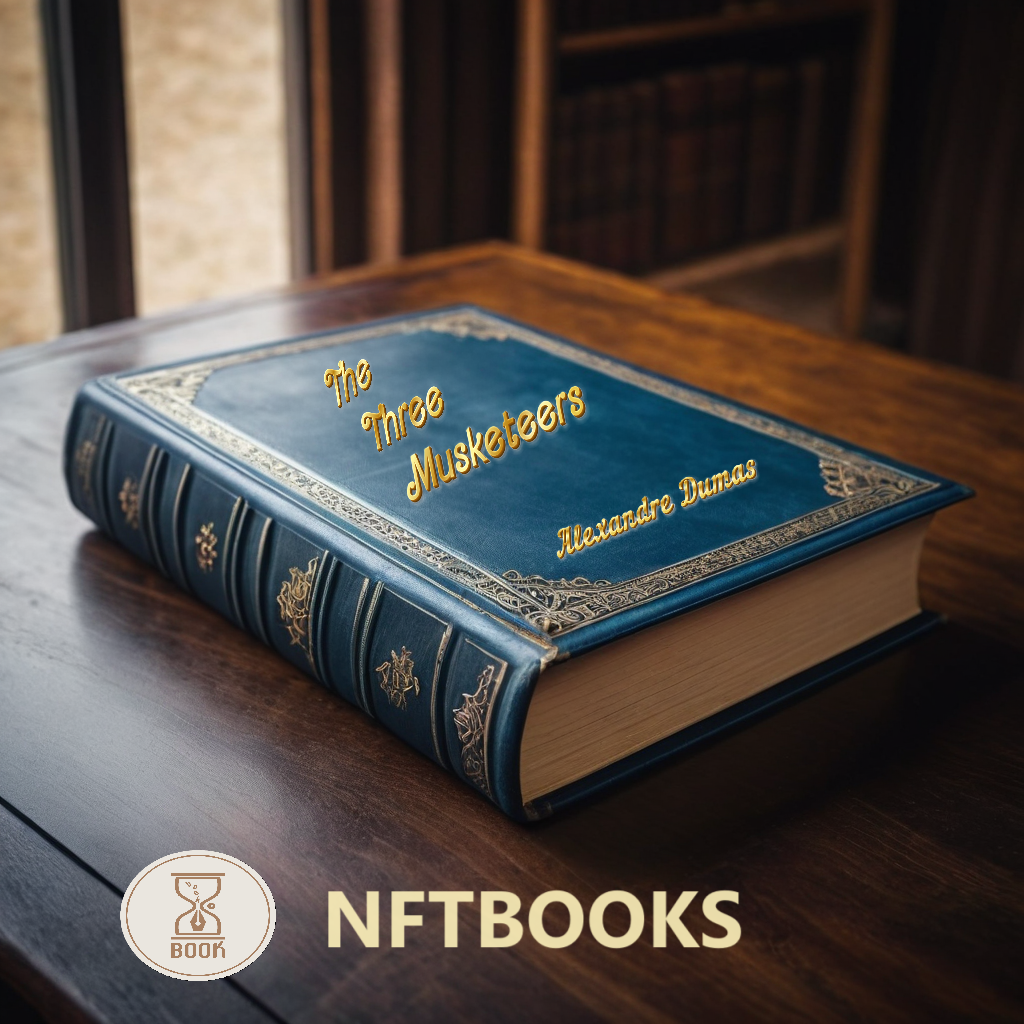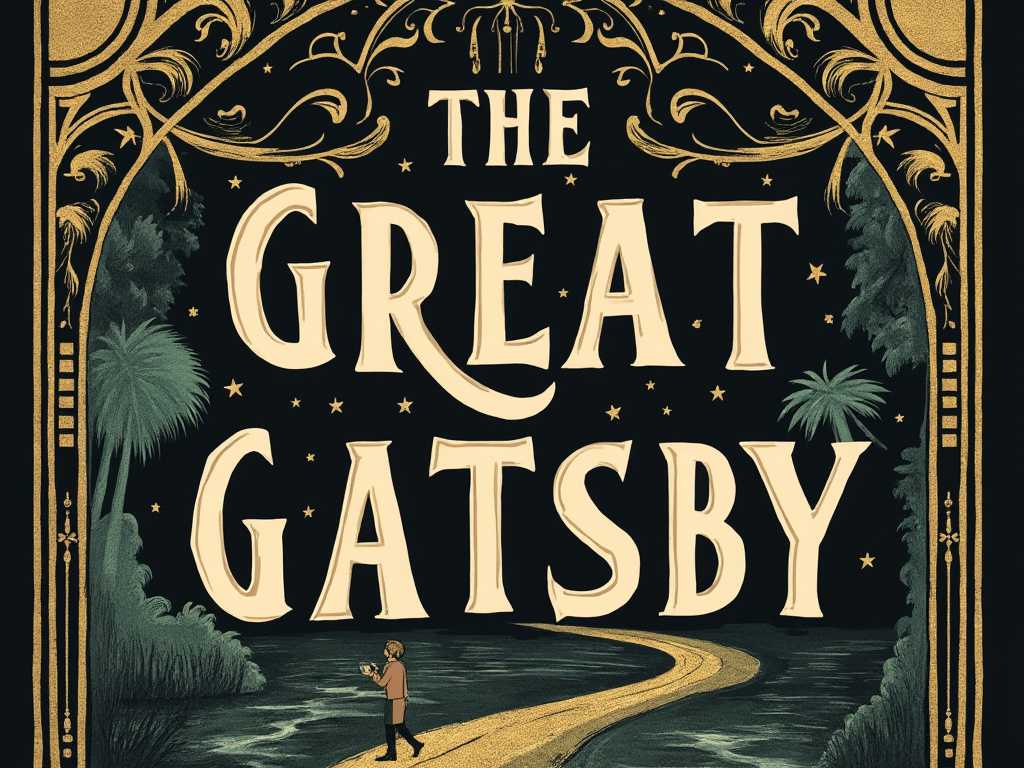Alexandre Dumas’s The Three Musketeers is a timeless classic that has captivated readers for generations. This swashbuckling tale of adventure, loyalty, and bravery introduces us to the unforgettable characters of Athos, Porthos, Aramis, and the young d’Artagnan. Set in 17th-century France, The Three Musketeers immerses readers in a world of political intrigue, duels, and daring escapades, making it a must-read for fans of historical fiction.

A Tale of Friendship and Adventure
The Three Musketeers begins with the young and impetuous d’Artagnan leaving his home in Gascony to seek his fortune in Paris. With dreams of becoming a musketeer like his father, d’Artagnan soon finds himself entangled in a series of misadventures that lead him to cross paths with the titular three musketeers. The friendship that forms between d’Artagnan and the trio—Athos, Porthos, and Aramis—is at the heart of the novel, driving the narrative forward and providing a solid foundation for their numerous exploits.
One of the most remarkable aspects of The Three Musketeers is Dumas‘s ability to create vivid and memorable characters. Athos, the noble and melancholic leader of the group, hides a dark past that haunts him throughout the story. Porthos, the larger-than-life bon vivant, is always in search of wealth and pleasure, while Aramis, the devout and enigmatic musketeer, is torn between his religious aspirations and his loyalty to his friends. Together, they embody the spirit of camaraderie and honor that defines the musketeers.
The plot of The Three Musketeers is a masterful blend of action, romance, and political intrigue. From daring duels and secret missions to romantic entanglements and courtly machinations, Dumas keeps readers on the edge of their seats with his intricate storytelling. The novel’s pacing is brisk, with each chapter bringing new twists and turns that keep the reader engaged from start to finish.
Exploring Themes of Loyalty and Duty in The Three Musketeer
One of the central themes in The Three Musketeers is the ongoing struggle between personal loyalty and duty to the state. The musketeers are sworn to serve King Louis XIII. However, they frequently clash with the cunning and manipulative Cardinal Richelieu. This tension creates a morally complex landscape. Characters must constantly balance their personal beliefs against their duties as soldiers. Moreover, Alexandre Dumas skillfully explores these themes, thereby adding layers of depth to the story. As the characters navigate these challenges, the narrative becomes both engaging and thought-provoking.
The novel also draws heavily from real historical events and figures, blending fact and fiction seamlessly. Set in 17th-century France, the backdrop of political intrigue and social hierarchies enriches the story. Dumas’s vivid descriptions of customs, clothing, and architecture immerse readers in the period. This rich historical context enhances the authenticity of the narrative, making it both educational and entertaining.
Dumas’s Style, Humor, and Lasting Legacy
Dumas’s writing style in The Three Musketeers is both elegant and accessible. His prose, filled with wit, brings charm to every scene. The distinct voices of the characters come alive through their dialogue, creating a dynamic reading experience. Additionally, Dumas skillfully uses humor to balance the novel’s more serious themes. This lighthearted touch adds enjoyment to the story, making it appealing for readers of all ages.
The plot follows young D’Artagnan as he arrives in Paris and quickly befriends Athos, Porthos, and Aramis. Together, they thwart the schemes of Cardinal Richelieu and his agent, Milady de Winter, while protecting Queen Anne’s honor. The novel’s timeless themes of friendship, loyalty, and adventure continue to resonate with audiences today. Its influence can be seen in modern adaptations across film, television, and theater, proving the enduring appeal of Dumas’s work.
You might be interested in reading Twenty Years After by Alexandre Dumas as well.
More Book Reviews on NFTBOOKS platform is HERE.







